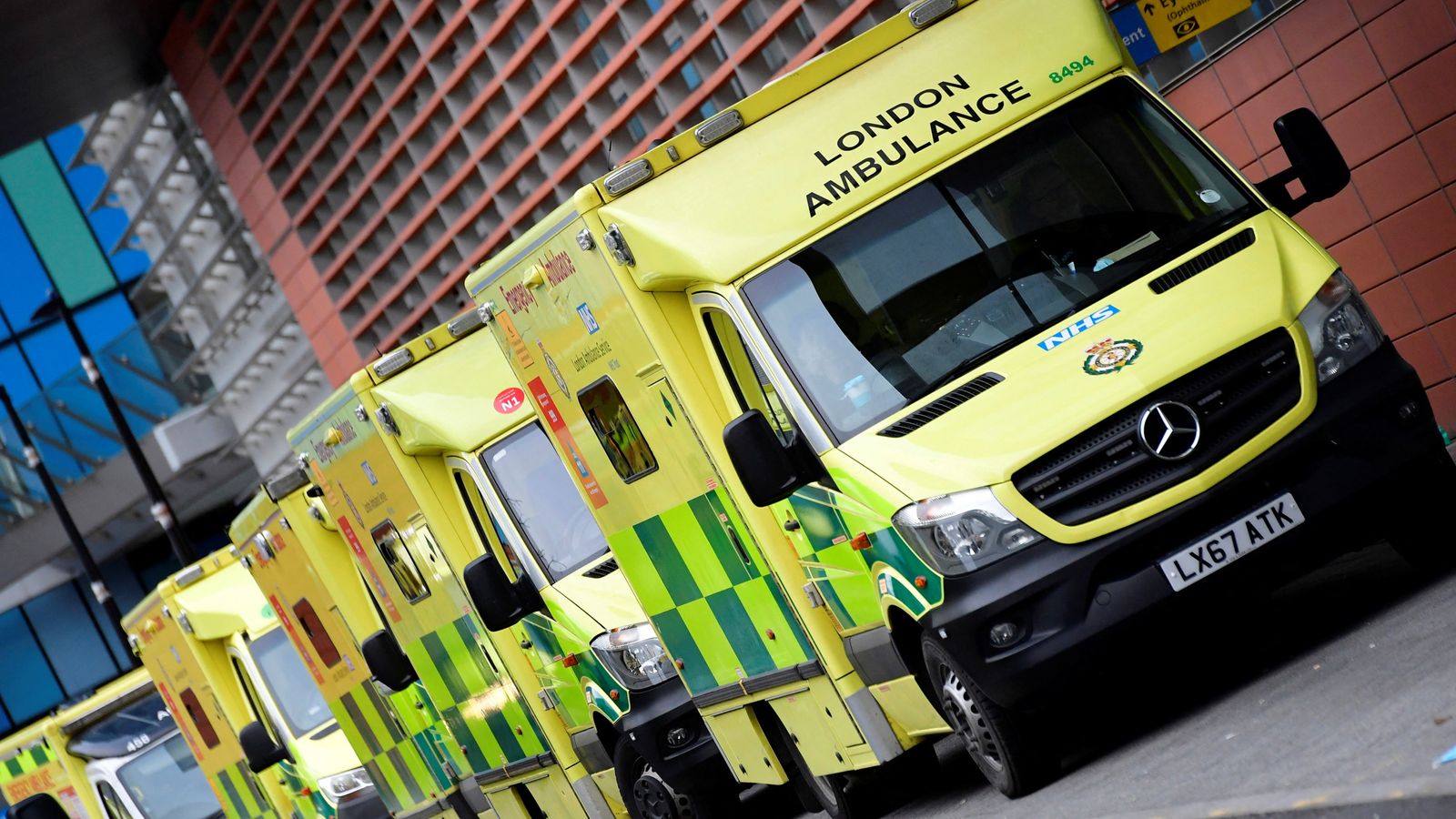For a politician fond of talking about his years in tech-loving California, Rishi Sunak’s premiership has so far been less “move fast and break things” – as the Silicon Valley mantra goes – and more “take your time and fix stuff”.
There are immediate problems as well as slower-paced threats.
This week, most people will feel the impact of strikes in one way or another as rail workers, posties and nurses all stage walk outs.
Within government, there appears to be a shift of focus from averting the strikes to mitigating their impact. Troops are already at airports preparing to man passport gates ahead of Border Force action.
In the coming days, it is likely we will see armed services personnel at hospitals as they start training for ambulance driving duties.
While Health Secretary Steve Barclay has said his door is open for talks, the mood music isn’t great.
On Saturday, Royal College of Nursing boss Pat Cullen accused the health secretary of ignoring her demands because she was a woman representing a majority female workforce.
Those comments were met with dismay by some in government who described them as “ridiculous” and “laughable”.
But while ministers are holding firm on their refusal to look again at pay, Labour’s position appears to have evolved slightly.
After saying earlier this week that there was a case to revisit wages, given soaring inflation, the shadow health secretary today confirmed he would be prepared to sit down with unions to discuss pay.
That said, Wes Streeting is still refusing to put a figure on any settlement and has said nurses’ demands of around 17% are unaffordable.
The government agrees.
On Friday, Jeremy Hunt failed to deny reports he had blocked a 10% pay rise that could have ended the dispute with rail workers.
The political question is: who will the public blame for these strikes?
As it stands, polling indicates a degree of sympathy for unions and workers. Disruption over Christmas may change that, though.
The big risk for Rishi Sunak is broader: that the country is failing to function properly and the government is impotent to do anything about it.
Read more:
Is your area among the worst affected by nurses’ strike?
Which industries are striking this winter and why?
Conservative MPs are alive to this and are beginning to show signs of agitation.
This weekend there have been two interventions that are easily interpreted as thinly veiled attacks on the prime minister’s strategy.
Forty MPs from the Conservative Way Forward group have written to the Chancellor expressing concern over public spending on so-called “woke” projects, given current levels of taxation.
Please use Chrome browser for a more accessible video player
Boris Johnson ally and former Tory treasurer Lord Cruddas has also thrown his support behind a new campaign aimed at improving party democracy.
Despite insisting they aren’t “anti-Rishi”, those behind the group are clearly no fans of the current approach.
“There are no centre-right parties anymore, all we’ve got is centre-left parties, including the Conservative Party,” says campaign founder and former MEP David Campbell Bannerman.
He predicts clashes ahead, especially if the party takes a hammering at May’s local elections.
One issue that could placate MPs is some immediate action on small boat crossings. “We’ll probably lose the next election, but if we don’t sort the boat crossings, we’ll definitely lose it,” said one member of the government.
Two years from a general election, the difficulty for Rishi Sunak is that all these issues will take time to fix.
The hope is for a vastly improved situation by winter 2023, giving Downing Street space to announce some good news to cheer up backbenchers and lay the groundwork for the election.
But with so many uncertainties, it’s hard to see those sunlit uplands with any clarity.
After a year of political bangs, 2022 appears to be going out with a whimper.








